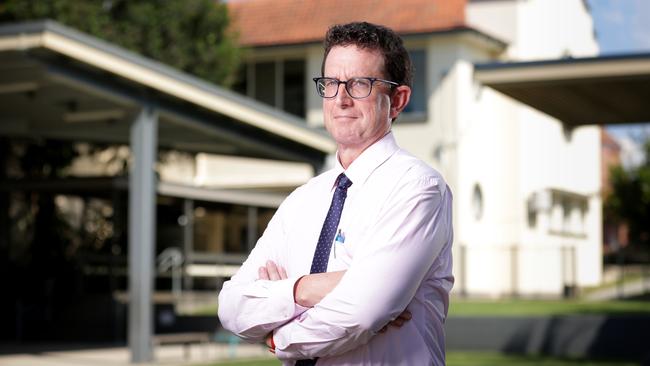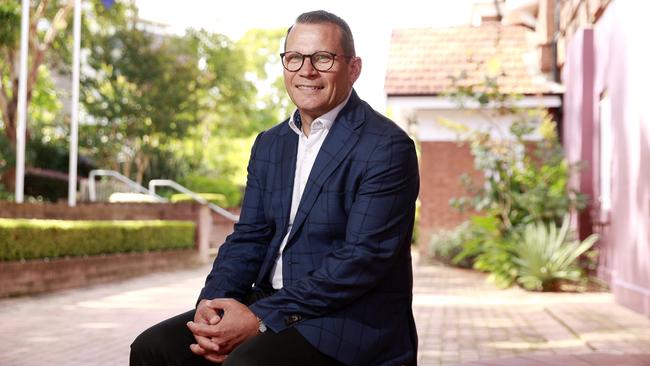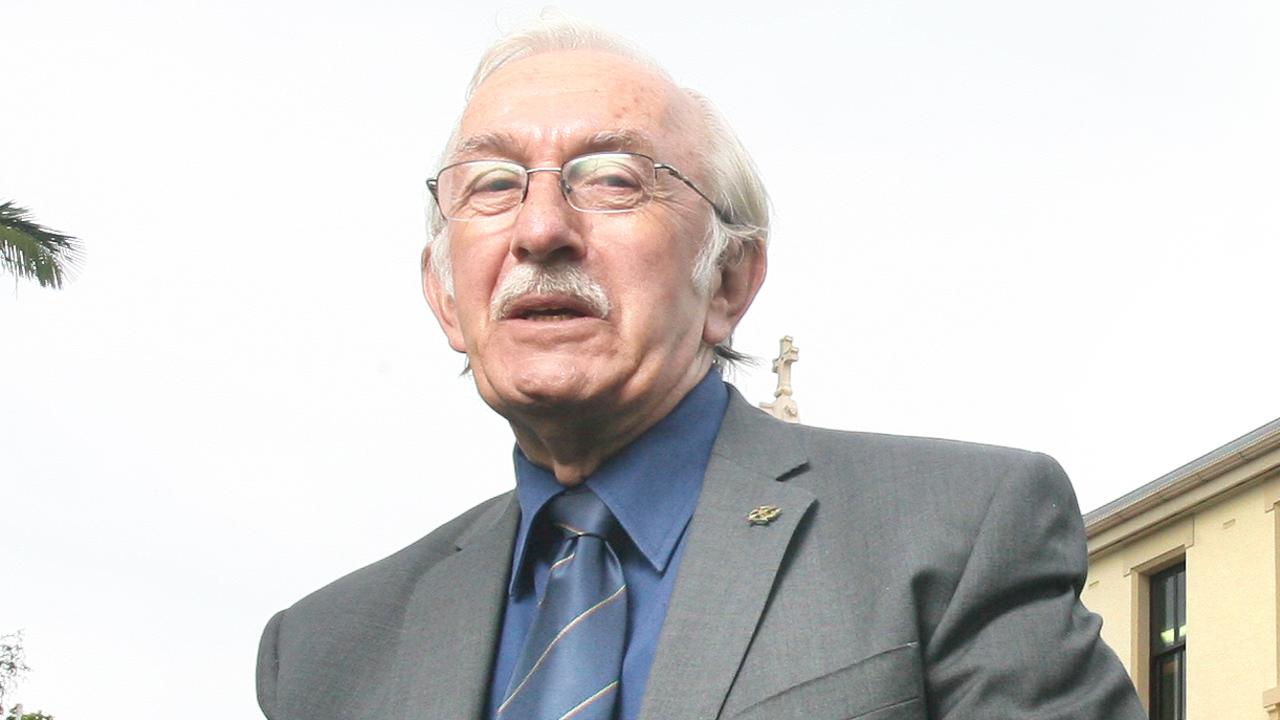Qld education: School principals assaulted, bullied
A report into the wellbeing of school principals has uncovered an “alarming” rate of physical abuse and bullying, often by parents.

Education
Don't miss out on the headlines from Education. Followed categories will be added to My News.
Almost half of Queensland school principals were physically attacked last year, while nearly a third were the victims of bullying.
And, shockingly, it was parents who were often the perpetrators.
The Australian Catholic University’s 2022 Principal Occupational Health, Safety and Wellbeing Survey found that nearly 47 per cent suffered physical violence and 53 per cent threats of violence in 2022.
The “alarming” results of a national survey of around 2500 principals from across the country revealed Queensland headmasters reported increases in sexual harassment, teasing, conflicts and slander.
It also showed that one in two principals nationally are at risk of serious mental health concerns including burnout and stress.
Queensland reported the highest levels of cyber-bullying, with 39 per cent of principals reporting it.
Reported sexual harassment among Queensland principals had also jumped from 1.3 per in 2021 cent to 2.5 per cent.
There were also increases in conflicts and slander.
While threats of violence, actual physical violence, and bullying dropped slightly, four in 10 principals across Queensland said they had been attacked or threatened by parents, while half said they had been subjected to abuse from students.
And comparing Queensland principals’ responses from 2011-2022, violent threats had spiked from 36.5 per cent to 53.7 per cent, physical violence jumped from 27.3 per cent to 46.9 per cent, and gossip and slander increased from 48.8 per cent to 56.7 per cent.
One Queensland principal of an independent school quoted in the report said they were “leaving earlier than expected due to stress, the sense of frustration at being moved away from educational leadership and into management conversations, parental concerns, staff fatigue, and my own burnout”
A state school principal said the increased workload had become “unrealistic”.
“Demands from parents and students have increased significantly as well,” the state school principal said.
St Columbia’s Primary principal Andrew Oberthur told The Courier-Mail the report’s results as “alarming”.

“The stress levels are such that a lot of our school leaders are considering early retirement or resignations – something has got to change in a big hurry because these statistics are getting worse,” he said.
“There’s workload, time restrictions, budget constraints, trying to find staff with teacher shortages.
“Then there’s all of the relationship things that parents create by virtue of being in schools – we want parents to be invested in schools, but the parent-principal relationships are a major cause of success if it is not a positive and healthy relationship.
“I have had examples of parents who have verbally threatened me and my career.”
ACU senior education lecturer Dr Paul Kidson, who was involved in the survey, said in the 2021 survey 19 principals said they were considering quitting or retiring, but that figure jumped to 65 in the 2022 survey. This isn’t even a question, principals volunteered this.
“We have built into our research protective factors such as job satisfaction and commitment, these have started to decline.

“It has not been significant, but it has been relatively stable in previous years. We expected this decline (in 2021) as a result of Covid-19 challenges, but this did not happen.
“We ask principals what is causing this grief – parents come up with this trifecta of slander, bullying, and violence.
“We must change the narrative about how we treat each other.
“Principals are very generous people, but now they’re saying they’re not sure they can keep doing this.”
Dr Kidson said three urgent changes were needed: allowing principals to make more meaningful decisions at a local level, reducing administrative bureaucracy, and building resources into the job to ensure principals are also focusing on looking after themselves.
Mr Oberthur said the various levels of government needed to work with local education authorities and principals’ associations more closely, improving employment conditions, and codes of conduct should be explored for parents in schools.




